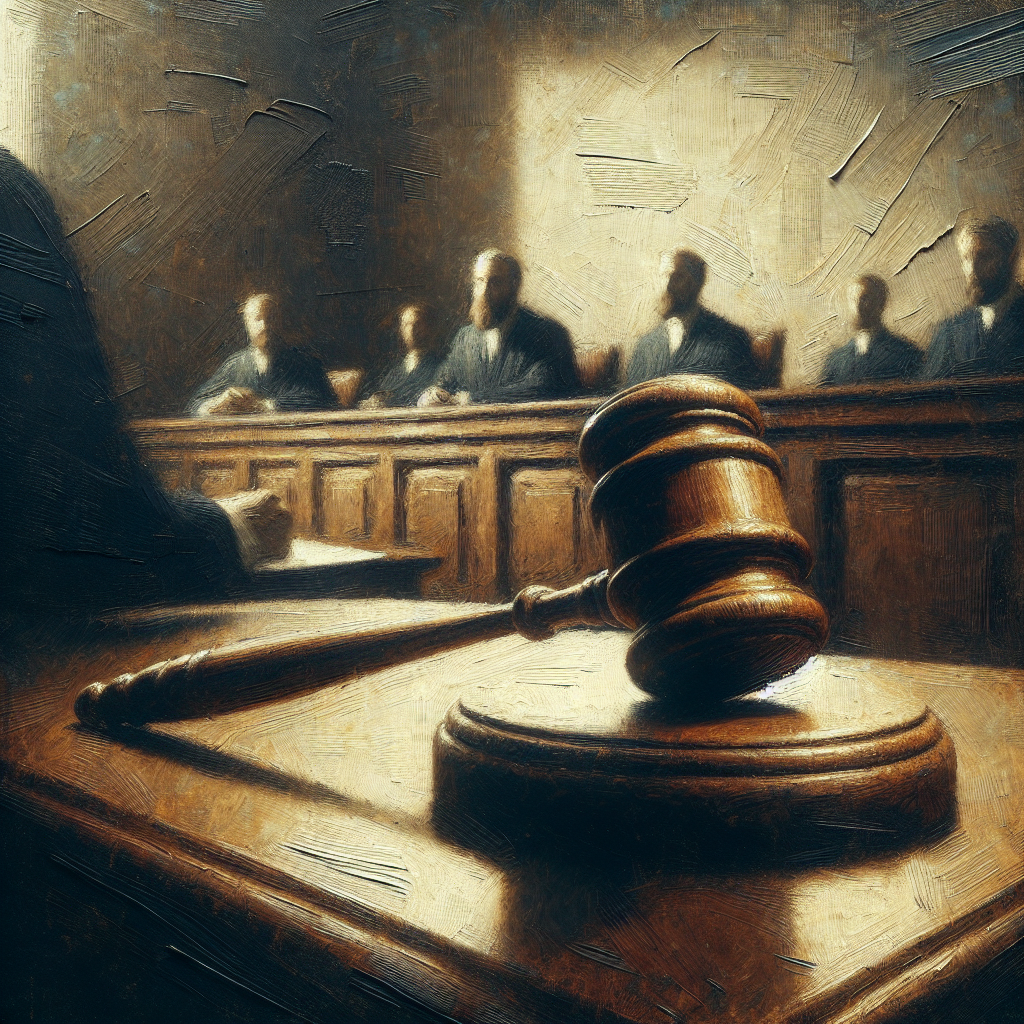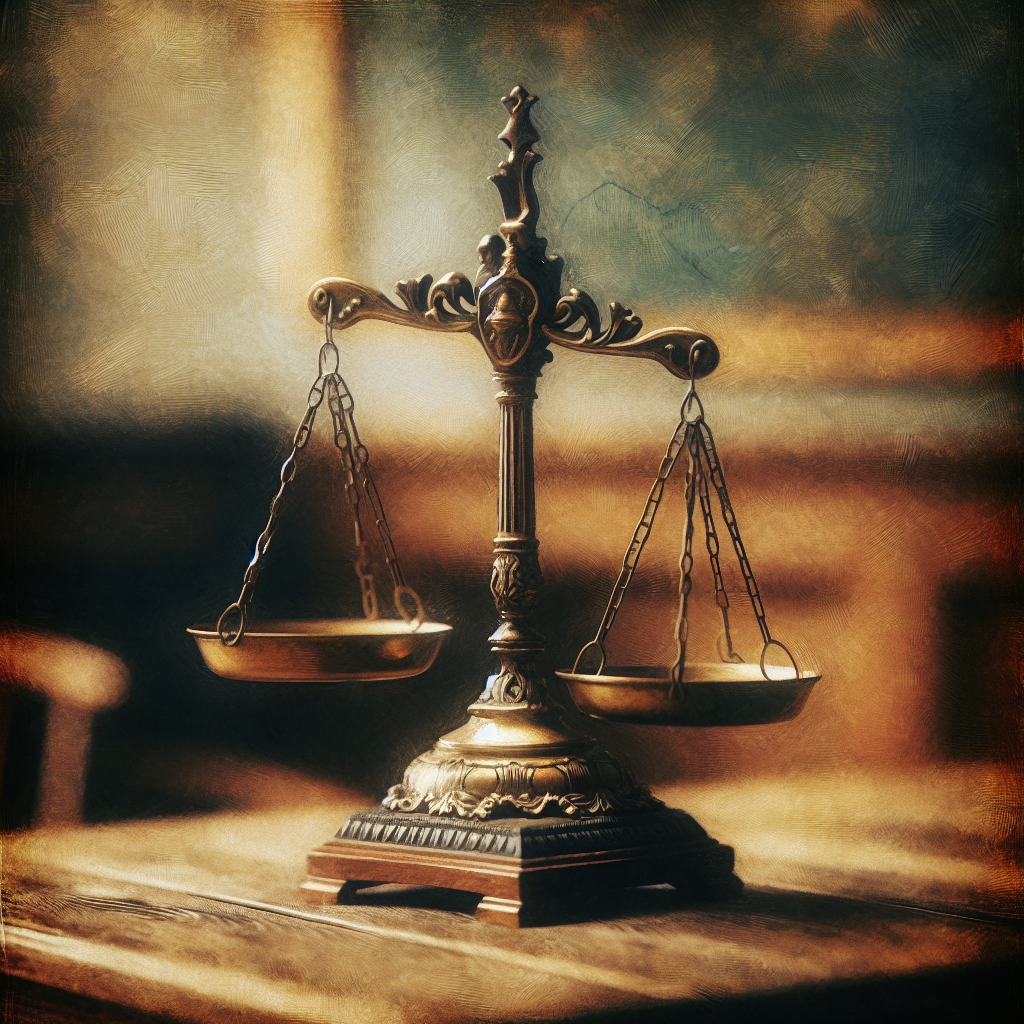Are Lie Detector Tests Admissible in Court? The Truth Revealed
Are you considering taking a polygraph test but worried the results won’t hold up in court? You’re not alone. Many people believe lie detector tests are never admissible as evidence, but that’s actually a myth. The truth is, polygraph results can be allowed in court under certain circumstances. In this comprehensive guide, we’ll reveal the facts about lie detector admissibility and show you how these tests can benefit your case.

Lie Detectors in State Courts: More Admissible Than You Think
Contrary to popular belief, lie detector tests are accepted as evidence in many state courts across the country. In fact, around 25 states allow polygraph results to be admitted, either when both parties agree or on a limited basis. These states include Texas, Pennsylvania, Georgia, and Virginia, among others.
However, admissibility isn’t automatic. States have strict requirements for polygraph evidence, such as:
- The examiner must be licensed by the state
- The examiner should be experienced
- The examiner has to articulate the polygraph process and qualify as an expert witness
Bottom line: If you get a polygraph from a highly qualified examiner, there’s a good chance the results can strengthen your case in state court.
Recent State Court Cases Allowing Polygraph Evidence
Here are some recent examples of state courts admitting polygraph results:
- State v. Wright (New Mexico Supreme Court, 2019): The court reaffirmed its precedent allowing polygraph evidence in certain circumstances, such as when both parties stipulate to its admission
- Mitchell v. State (Texas Court of Appeals, 2014): The court ruled that requiring sex offenders to submit to polygraph exams as a condition of community supervision is reasonable, as polygraphs offer diagnostic value in treatment.
- People v. Smith (2019): The court allowed a polygraph test to be admitted to challenge the credibility of a witness in this state case. The judge ruled that the polygraph results were relevant and could be weighed by the jury in assessing the witness’s truthfulness.
These examples demonstrate a growing trend of state courts allowing polygraph evidence under certain conditions, such as when both parties stipulate to the test, the examiner is qualified, and the test meets reliability standards. While admissibility varies by state, these cases show polygraphs are gaining acceptance in some state courts.
Federal Courts and Polygraphs: The Daubert Standard
In federal courts, lie detector admissibility hinges on the Daubert standard. This rule requires judges to assess the scientific validity of expert testimony before allowing it in court. For polygraphs to be admitted under Daubert, the test must:
- Use a technique that can be tested
- Be peer-reviewed and published
- Have known error rates
- Follow operational standards
- Be generally accepted in the scientific community
While this sets a high bar, studies have shown modern polygraph techniques do meet these criteria. Prominent figures like Supreme Court Justice Stevens have also supported polygraph admissibility under the right circumstances.

Real-World Examples of Polygraphs in Federal Court
There have been several recent federal cases where polygraph evidence played a key role:
- US v. Posado (1995): In this landmark case, the Fifth Circuit Court of Appeals overturned its per se rule against the admissibility of polygraph evidence. The court held that polygraph evidence should be evaluated under the Daubert standard for scientific evidence and could be admissible if it meets the requirements of Federal Rules of Evidence 702 and 403.
- US v. Galbreth (1995): In this case, a federal district court in New Mexico admitted polygraph evidence under the Daubert standard. The court found that the polygraph technique used was reliable and that the probative value of the evidence outweighed any prejudicial effect. This decision was influential in shaping the approach to polygraph admissibility in federal courts following Daubert.
- US v. Oliver (2008): The Eighth Circuit Court of Appeals upheld the district court’s decision to admit polygraph evidence in a hearing to revoke supervised release. The court found that the polygraph results were admissible because they were used for treatment purposes and not to determine guilt.
- US v. Tenorio (2015): The court allowed polygraph evidence to be introduced to show why detectives persisted in questioning a suspect, as a rebuttal to his claim of coercion.
As long as the test is conducted properly and meets the Daubert standard, federal judges are increasingly willing to consider polygraph evidence, especially in pre-trial and post-trial hearings.
Polygraphs in the Military Justice System
Did you know lie detector tests are regularly used in military hearings? Under the Uniform Code of Military Justice (UCMJ), polygraphs can be admitted in non-court-martial proceedings like:
- Discharge hearings
- Article 15 hearings for minor offenses
- Administrative hearings
So if you’re facing a military disciplinary issue, a polygraph could be a valuable tool to help prove your innocence.

The Importance of a Qualified Polygraph Examiner
As you can see, the key to getting polygraph results admitted in court is using a highly qualified examiner. An experienced, state-licensed polygraphist who follows best practices will give you the best chance of meeting admissibility requirements.
When choosing an examiner, make sure they:
- Are licensed in your state
- Experienced
- Use validated, peer-reviewed techniques
- Fully explain the polygraph process
- Provide a detailed report of their findings
Pro tip: Don’t be afraid to ask your examiner about their qualifications. A true expert will be happy to share their credentials.
The Bottom Line: Polygraphs Are More Powerful Than Most People Realize
So, is a lie detector test admissible in court? The answer is yes – under the right circumstances. As long as you have a qualified examiner and meet admissibility standards, polygraph results can be a compelling piece of evidence.
If you’re considering a polygraph, don’t let myths about inadmissibility stop you. A skilled examiner can conduct a test that not only stands up in court, but helps tip the scales in your favor. In many cases, a polygraph can mean the difference between guilt and innocence.
At Invictus Polygraph, we combine cutting-edge technology, validated techniques, and the expertise of our certified examiners to provide the most accurate and dependable polygraph services available. We provide flexible services in Charlotte, NC, with the ability to travel nationwide and worldwide. Whether you’re an individual seeking to prove your truthfulness, an employer conducting pre-employment screening, or a legal professional requiring evidentiary testing, you can trust Invictus Polygraph to deliver reliable results.
Frequently Asked Questions
- Q: Can polygraph results be used in all states?
A: No, some states prohibit polygraph evidence altogether. But around 25 states do allow it on a limited basis or when both parties agree. - Q: Will the judge always admit polygraph evidence?
A: Not automatically. The examiner must meet strict qualifications and the test has to satisfy admissibility rules like the Daubert standard. - Q: Can I be forced to take a lie detector test?
A: No, polygraphs are voluntary. You can refuse to take one, but if the test could help your case, it may be in your best interest to agree. - Q: How accurate are modern polygraph techniques?
A: Studies show validated polygraph methods are around 87-97% accurate at detecting deception. While not perfect, this is similar to other forms of scientific evidence. - Q: What happens if I fail a polygraph?
A: A failed polygraph doesn’t automatically mean guilt. Examiners look at the bigger picture, including case facts and other evidence. An experienced examiner can help put the results in proper context for the court. - Q: Can I use a polygraph in any type of case?
A: Polygraph tests are most commonly used in criminal cases, but they can also be helpful in civil suits, administrative hearings, and disciplinary proceedings.
